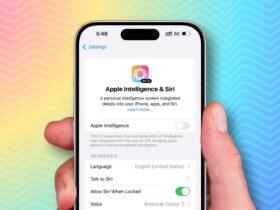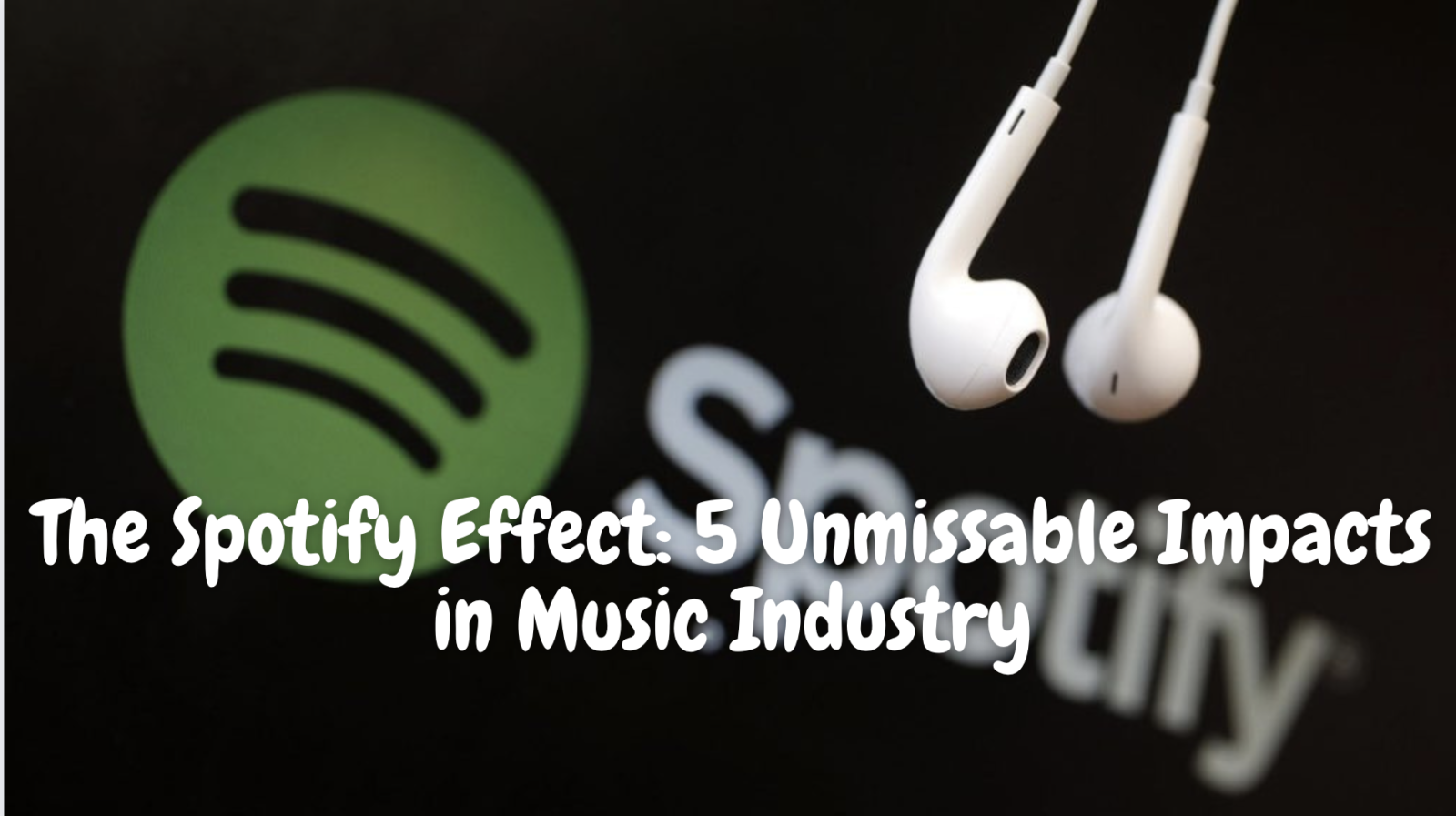Let’s explore the Spotify’s impact on the revolutionized the music industry
Launched in 2008, Spotify has revolutionized the music industry, transforming the way we listen to, discover, and share music. With over 422 million monthly active users and 70 million tracks in its library, Spotify has become the dominant force in music streaming.
Imagine a world where your favorite song is just a tap away, nestled amongst millions of others, available instantly and endlessly. No more rummaging through dusty CDs or navigating the complexities of illegal downloads. This utopian vision, once a futuristic dream, has become a reality for over 422 million music enthusiasts thanks to Spotify, the Swedish-born behemoth that has reshaped the very fabric of the music industry.
Remember the days when record labels held the keys to musical discovery? Their influence dictated which artists reached our ears, often favoring commercial success over artistic merit. Spotify, with its vast library and algorithmic recommendations, has democratized access like never before.
Independent artists, once relegated to fringe corners, now share the same virtual stage as industry giants. A Zimbabwean folk singer and a Korean R&B group can find themselves side-by-side on a personalized playlist, their music judged solely on its ability to resonate with individual listeners. This shift in power has unleashed a wave of musical diversity, giving voice to previously unheard genres and artists, enriching the global soundscape.
1. Democratizing Music:
Spotify has democratized access to music, providing a platform for independent artists and marginalized genres to reach a global audience. Previously, artists were reliant on record labels and traditional radio play for exposure. Spotify’s algorithm-driven recommendations and curated playlists have allowed independent artists to gain recognition and build fan bases without the need for major label backing.
2. Changing the Way We Consume Music:
Spotify has shifted the music consumption model from ownership to access. Instead of buying individual songs or albums, users can now access a vast library of music for a monthly subscription fee. This shift has led to a decline in music sales but has also increased the overall revenue generated by the music industry.
3. Impact on Artists and the Music Industry:
Spotify’s impact on artists and the music industry has been both positive and negative. On the one hand, it has provided a platform for artists to reach a global audience and generate revenue through streaming royalties. On the other hand, the low royalty rates paid by Spotify have been a source of controversy, with some artists arguing that they are not fairly compensated for their work.
4. The Future of Music Streaming:
Spotify is facing increasing competition from other streaming services like Apple Music, Amazon Music, and YouTube Music. As the music streaming market continues to grow, Spotify will need to innovate and adapt to maintain its dominance.
5. Conclusion:
Spotify has had a profound impact on the music industry, both positive and negative. It has democratized access to music, changed the way we consume music, and provided a platform for independent artists to reach a global audience. However, the low royalty rates paid by Spotify have been a source of controversy, and the company faces increasing competition from other streaming services. As the music streaming market continues to grow, Spotify will need to innovate and adapt to maintain its dominance.
Additional Points to Consider:
- Spotify’s impact on music discovery and the rise of personalized playlists.
- The role of Spotify in promoting live music and concerts.
- The ethical implications of music streaming and the debate over fair compensation for artists.
- Spotify’s impact on music consumption trends and the rise of microgenres.
- The future of music streaming and the potential for new technologies to disrupt the industry.

































